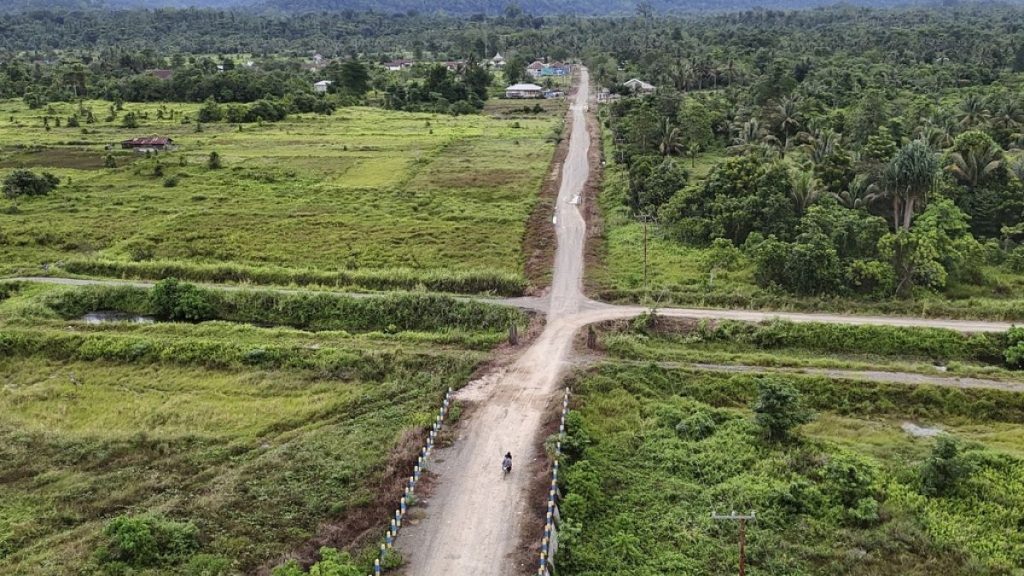The European Commission proposed a one-year delay to the implementation of the EU Deforestation Regulation, which bars access to the EU market for goods linked to forest clearance. The delay was endorsed by EU diplomats in a dramatic U-turn, with a majority of national diplomats signaling their support at a closed meeting. The law requires suppliers of various goods such as cocoa, coffee, soy, palm oil, wood, rubber, and beef to prove their goods are not linked to deforestation in order to access the EU market. The delay is intended to provide legal certainty, predictability, and sufficient time for a smooth and effective implementation of the rules, including the establishment of due diligence systems. However, conservation groups, such as the WWF European Policy Office, criticized the decision, stating that it condoned further destruction of forests for European consumption and disadvantaged companies that had already invested in compliance with the regulations.
Over 200 environmental and human rights groups wrote to lawmakers warning that delaying the law would undermine the EU’s credibility as a global leader in the fight against climate change, biodiversity loss, and human rights violations. The delay in the implementation of the EU Deforestation Regulation has faced international backlash from major trading partners like the US and Brazil, prompting the European Commission to propose the postponement. The agreement among EU permanent representatives to endorse the delay means that formal approval by government ministers is imminent. The main political groups in the European Parliament have also agreed to fast-track the amendment without discussion at the committee stage to limit any further watering down of the law. This decision has sparked criticism from conservation groups and citizens who participated in a heavily subscribed EU public consultation, calling for action to stop deforestation and ensure competitive fairness for companies complying with the regulations.
The one-year postponement of the new rules barring access to the EU market for goods linked to forest clearance is a significant development in EU environmental policy. The European Commission’s proposal for the delay was endorsed by EU diplomats in a U-turn decision, with the majority signaling their support at a closed meeting. The EU Deforestation Regulation, initially scheduled to take effect at the end of this year, requires suppliers of various commodities to prove that their goods are not linked to deforestation to access the EU market. The delay aims to provide time for the establishment of due diligence systems and ensure a smooth and effective implementation of the rules. However, conservation groups have criticized the decision, accusing governments of condoning further forest destruction for European consumption and undermining the EU’s credibility as a global leader in environmental protection.
The agreement among EU permanent representatives to endorse the delay means that formal approval by government ministers is forthcoming, with leaders of the main political groups in the European Parliament also supporting the fast-tracking of the amendment. This move is intended to limit the potential for any further weakening of the law and ensure its effective implementation. The decision to delay the implementation of the EU Deforestation Regulation has faced backlash from environmental and human rights groups, who warn of the negative impact on climate change, biodiversity loss, and human rights violations. The postponement has been criticized for disregarding the voices of citizens who participated in a heavily subscribed public consultation and betraying companies that have invested in compliance with the regulations.
The one-year postponement of the EU Deforestation Regulation marks a significant shift in EU environmental policy, with the European Commission proposing the delay to address international concerns and provide time for the effective implementation of the rules. The endorsement of the delay by EU diplomats signals a change in direction, with governments opting to give suppliers additional time to establish due diligence systems and ensure compliance with the regulation. However, conservation groups have condemned the decision, arguing that it condones further forest destruction for European consumption and undermines the EU’s credibility in the fight against climate change and biodiversity loss. The fast-tracking of the amendment in the European Parliament aims to expedite the process and prevent any further watering down of the law, but criticism from environmental and human rights groups continues to highlight the potential negative consequences of delaying the implementation of the regulation.
Overall, the one-year postponement of the EU Deforestation Regulation reflects a complex interplay of factors, with the European Commission proposing the delay to address international concerns and provide sufficient time for compliance with the rules. The endorsement of the postponement by EU diplomats and government ministers signifies a shift in approach, with efforts focused on ensuring a smooth and effective implementation of the regulation. Despite criticism from conservation groups and concerns about the impact on climate change and biodiversity loss, the decision to delay the implementation of the law reflects a broader debate around environmental protection, sustainable development, and global trade. The fast-tracking of the amendment in the European Parliament seeks to expedite the process and uphold the EU’s commitment to environmental sustainability, though challenges remain in balancing economic interests with environmental conservation.


